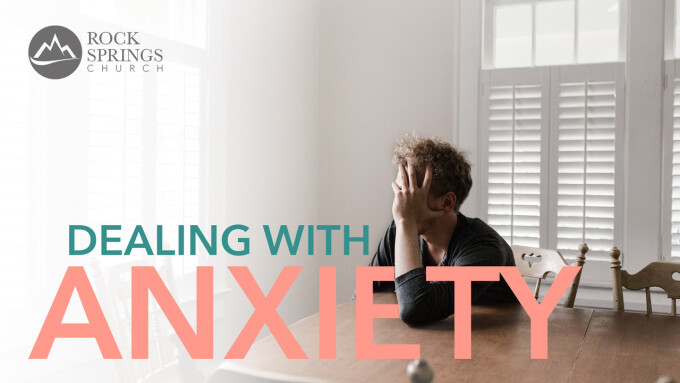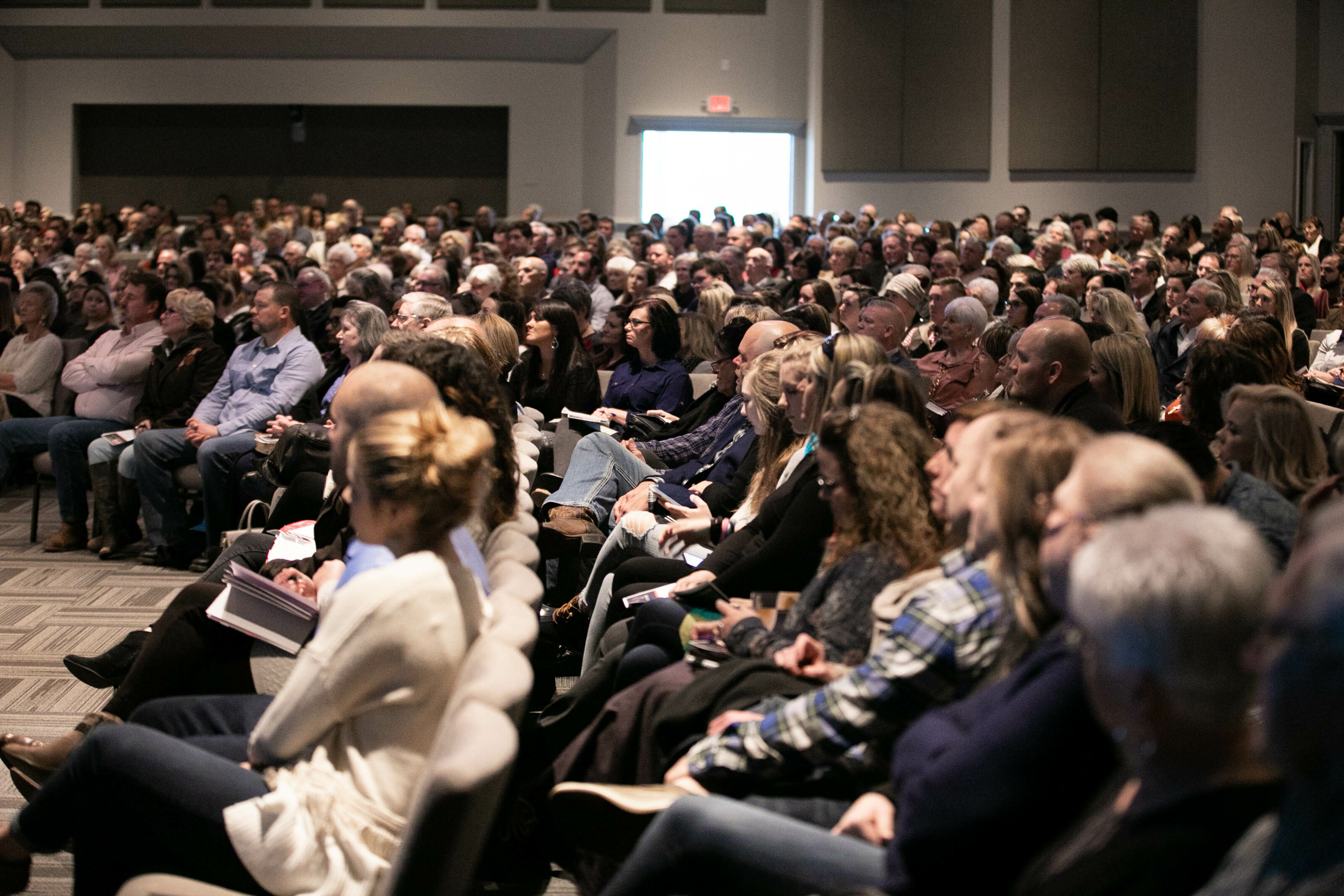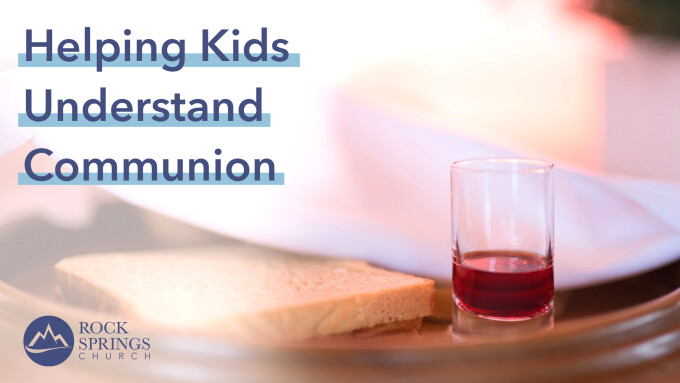Dealing With Anxiety

***"This blog is about situational anxiety or thought patterns, not anxiety rooted in our bodies' chemistry. Some will need help from trained professionals."
Dealing with anxiety: What is anxiety?
The Mayo Clinic says that anxiety is “a feeling of worry, nervousness, or unease, typically about an imminent event or something with an uncertain outcome.”
Every one of us has experienced some level of anxiety. From the time we’re in middle school, our minds would torment us, asking over and over if the person we had a crush on liked us back.
Or it might have been right before college graduation, anticipating that first employer to call us and say “Congrats! We like you enough to hire you - your salary will be 20,000/year!” And we’d be okay with that because it settled our little anxious minds.
And for some of us, it’s waiting to get test results back that will tell us whether our lives will be turned upside down.
No matter what stage of life we’re in, we experience the unknown. And the unknown, for so many of us, brings with it crippling, paralyzing anxiety. Whether it’s a lack of control or fear of change is different for every person. But anxiety doesn’t discriminate - it makes a house call to everyone.
And how often do we open the door? All the time!
Not only do we open up, we invite anxiety in! We feed it, refill its coffee cup, and ask it to spend the night! More often than not, anxiety slowly starts to unpack its suitcase and make itself a member of our families.
Would you let an ill-meaning stranger take up residence with your most precious inner circle? Probably not. So why be so hospitable to this destructive emotion?
Why do we have anxiety in the first place?
An important part of dealing with anxiety is addressing why it’s caused. Where does anxiety come from? For many of us, it can come from past experiences of loss or disappointment. We may have been conditioned to lower our expectations so that we’re not disappointed or let down.
Or perhaps we struggle with trying to control every detail of our lives. Maybe, we fear that the worst will always happen.
Whatever your reason, anxiety begins by irritating our weak spots and disrupting our peaceful train of thought. It can range from being vague and unsettling all the way to being physically debilitating.
What’s the first thing we do when anxiety starts bubbling up?
In her book, “Get out of your head”, Jennie Allen says that our thoughts determine our life. We can be taken captive by one emotion and our minds begin to spiral up or down depending on how we react.
However, the Bible tells us that we are to take every thought captive. We are instructed to hold up those thoughts to the light of Christ. Easier said than done but it’s important that we examine what we think because not everything that crosses your mind is true or even from you. As the old saying goes, we can’t stop a bird from flying over our heads but we can stop it from making a nest.
How do we defeat anxiety?
It’s not easy to examine every thought that passes through our brains every day. Experts estimate that the mind thinks between 60,000 – 80,000 thoughts a day! Imagine having to comb through each one of those; we’d never get anything done. That’s why this practice of questioning our own thoughts is just that, a practice! It takes time to even begin recognizing those thoughts and feelings that can trigger a toxic spiral.
These feelings usually deal with seasons or situations that are uncertain. And uncertainty can cause us to be paralyzed with fear of the unknown.
Tony Robbins says “The quality of your life is in direct proportion to the amount of uncertainty you can comfortably deal with.” Non-Christians deal with this uncertainty by putting their faith or trust in earthly things like the stock market, their business and themselves. But as Christ followers, we have the ultimate source of security: God.
1 Peter 5:7 says to “Cast your anxieties on Him because He cares for you.” We’re allowed to comfortably deal with a great amount of uncertainty because God shoulders our cares and worries. We can eliminate anxiety by surrendering our lives to Him. Just like identifying the beginning of anxiety is a practice, so is releasing control to Christ. It takes repetition and consistent implementation.


